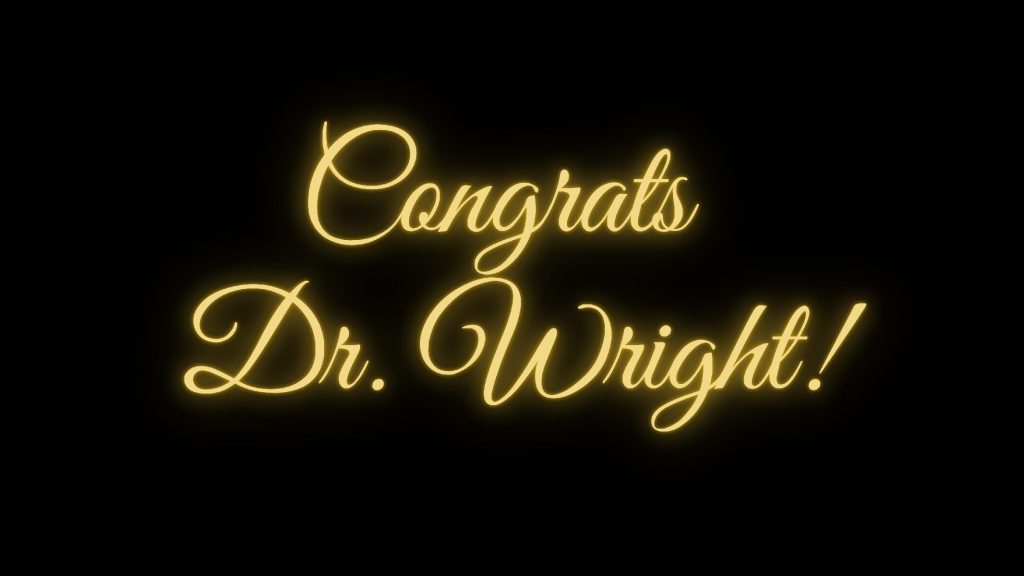Limited Essential Use

BENZODIAZEPINE “ESSENTIAL” USE IS VERY LIMITED
- Preoperative medication and sedation for short-term procedures: Midazolam
- Medicines for symptoms common in palliative care: Diazepam, Midazolam
- Anticonvulsants / Antiepileptics: Diazepam, Lorazepam, Midazolam
- Medicines for anxiety disorders: Diazepam
None of the other benzodiazepine receptor agonists are mentioned in this report. Insomnia, for which benzodiazepines and Z-drugs are commonly used, is not a category addressed. Beyond this particular expert opinion document, a case can be made for including alcohol withdrawal and crisis anxiety (very short-term) as first-line indications for benzodiazepines.
Note that all of the “essential medicines” uses of these classes of drugs are short-term. Implied is that benefits outweigh risks for the indications listed, though neither use characteristics nor alternative considerations are described. Alternatives are critical in medical decision-making. The term “alternatives” is actually problematic, because clinicians tend to think of them “when other things fail”. It is critical to determine 1) if the treatment works, 2) it it works without side effects, 3) when there are side effects, are they manageable … and, importantly in the case of (and less likely for) benzodiazepines 4) the benefits exceed harms over time.
Non-benzodiazepine pharmacologics (note: not Z-drugs) and non-pharmacologic treatments can be effective for situations in which benzodiazepines have traditionally been used. Typically, however, these approaches have a delayed onset of action, and access may be a problem. Whenever possible, if medical intervention is needed, alternatives should be initiated to address the situation. If warranted due to the severity of the condition, benzodiazepines can be prescribed but should be used primarily as a short-term bridge, until other treatment approaches become effective.


